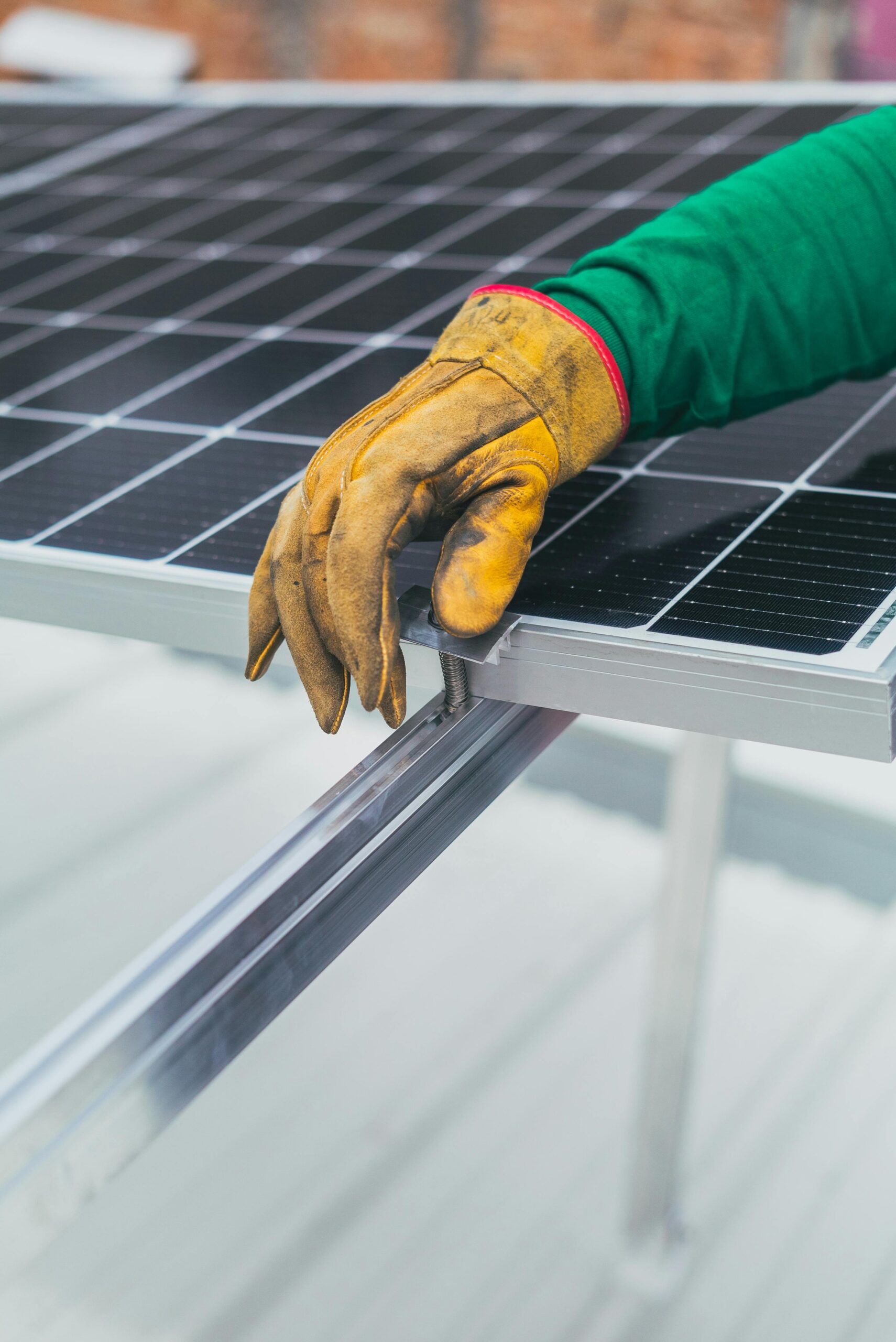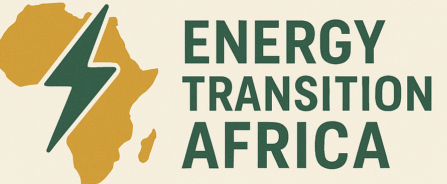Solar Mini-Grids and Their Impact on Rural Communities in Africa

In a small farming village in northern Kenya, a quiet revolution is underway. A community that once relied on smoky kerosene lamps and long treks to distant markets now hums with activity late into the evening. Children study under solar-powered lights. Women operate sewing machines and food processors. Even the village barbershop stays open after dark. The catalyst? A solar mini-grid installed just 12 months ago.
Solar mini-grids in rural Africa are proving to be more than just energy solutions—they are engines of transformation.
Lighting the Path to Opportunity
Across the continent, more than 600 million people still lack access to electricity, with the majority living in remote rural areas. Extending national grids to these regions is often uneconomical, leaving millions in darkness and poverty. But solar mini-grids are changing that equation.
According to the World Bank, mini-grids could provide power to nearly 500 million people by 2030, especially in areas where grid extension is too costly or technically unfeasible. These systems—typically small-scale solar power units with battery storage and distribution networks—offer a cost-effective, clean, and scalable solution.
In Nigeria, where grid reliability remains a daily struggle, more than 100 solar mini-grids have been deployed under the Nigeria Electrification Project (NEP), supported by the World Bank and the Rural Electrification Agency. Early data shows that communities with mini-grids experience a more than 50% increase in household incomes, thanks to new businesses, better lighting, and extended working hours.
Women, Work, and Empowerment
One of the most powerful but under-reported impacts of solar mini-grids in rural Africa is their effect on women.
Take the case of Fatou, a shea butter producer in rural Mali. Before her village got a solar mini-grid, she and her team processed shea nuts by hand—an exhausting process that limited production. Today, with access to electricity, she runs an electric grinder and packaging machine. Her income has doubled, and she employs four other women from her community.
This isn’t an isolated story. The African Development Bank notes that electrification through mini-grids often correlates with increased female participation in income-generating activities, especially in agriculture, retail, and services. By powering small equipment and refrigeration, solar energy gives women a foothold in new local economies.
Scaling the Solution — But Challenges Remain
Despite the promise, scaling solar mini-grids in rural Africa isn’t without hurdles. Upfront costs are still high, especially without concessional financing. Regulatory frameworks in many countries remain fragmented or overly complex, deterring private investment. And while donor support is growing, funding gaps remain significant.
Yet, hope persists. The International Energy Agency (IEA) estimates that mini-grids are the least-cost option for 60% of rural connections in Sub-Saharan Africa. In countries like Tanzania and Ethiopia, policy reforms and partnerships are helping private developers deploy systems faster.
A Vision of Power for All
As a civil society advocate, I believe solar mini-grids in rural Africa represent one of the continent’s greatest untapped development opportunities. They bring more than electricity—they bring dignity, productivity, education, and resilience.
But to truly unlock their power, we need coordinated action:
- Governments must streamline regulation and offer clear incentives.
- Funders must blend grants with low-cost capital to de-risk investments.
- Communities must be involved in the design and ownership of these systems.
- And civil society must amplify voices, demand accountability, and ensure that no one is left behind in the transition.
If we get it right, the flicker of solar lights in rural Africa could become the glow of shared prosperity—lighting up not just homes, but entire futures.
